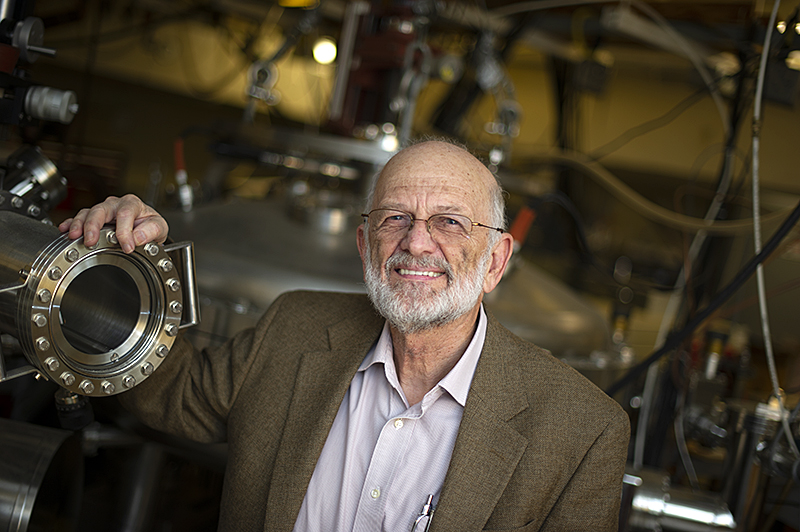
Chemists discover key to early Earth chemistry, which could unlock ways to speed up chemical synthesis for drug discovery. Purdue University chemists have uncovered a mechanism for peptide-forming reactions to occur in water — something that has puzzled scientists for decades.
“This is essentially the chemistry behind the origin of life,” said Graham Cooks, the Henry Bohn Hass Distinguished Professor of Analytical Chemistry in Purdue’s College of Science...
Read More








Recent Comments